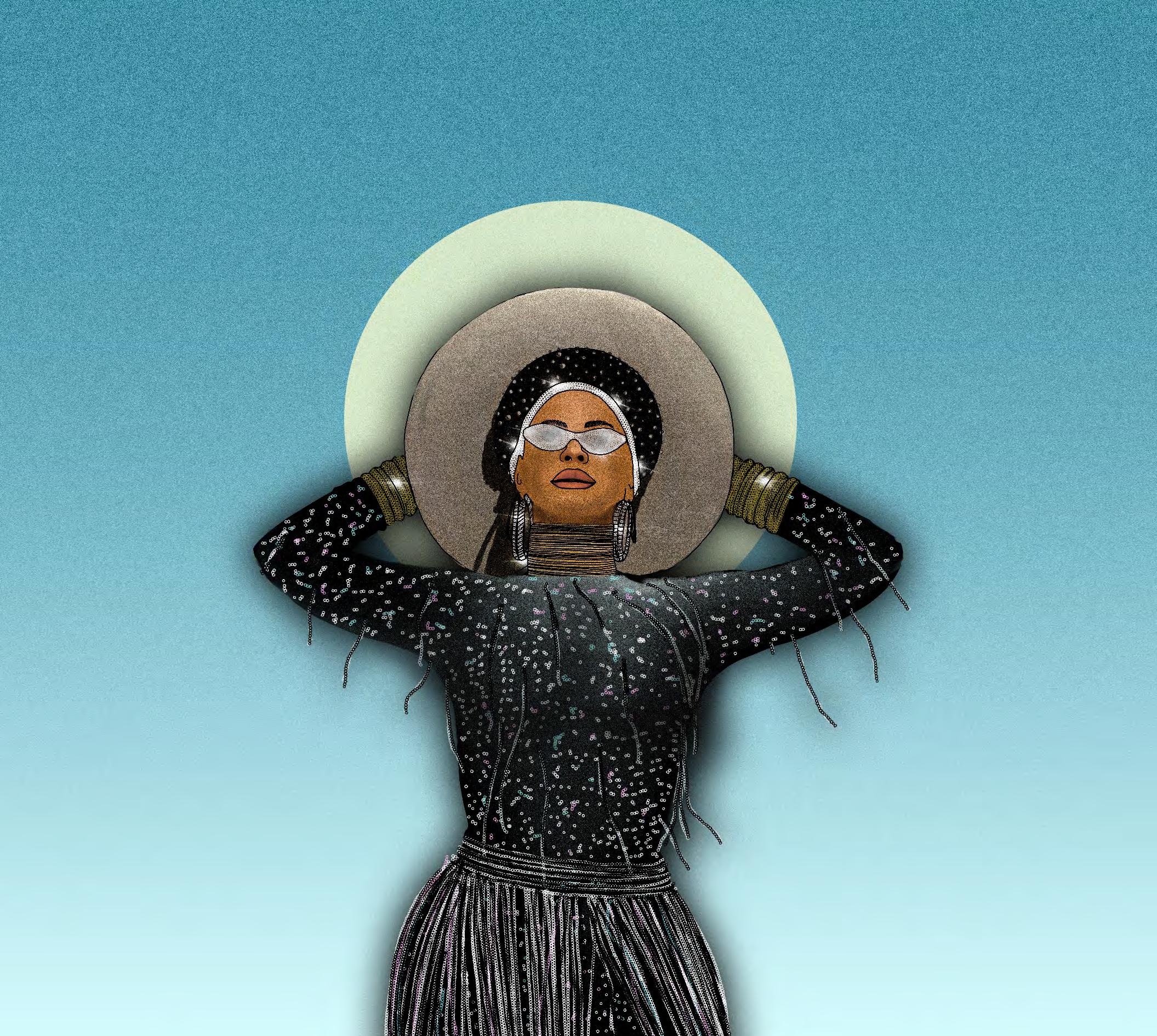
2 minute read
The Pacific Sentinel November 2020
ARTS & CULTURE
Black Is King
Advertisement
by Cymone Lucas illustration by Haley Riley
For the second time, Beyoncé has come out with a feature length visual album that challenges the longstanding outline for music videos. The film, titled “Black Is King,” debuted on July 31, 2020 on Disney Plus. The visual album is set as a companion to “The Lion King: The Gift,” the soundtrack to the live action remake of “The Lion King.” “Black is King” is an hour and 25 minute visual masterpiece. The messages in the film are a shift from “Lemonade,” which came out in 2016 and focuses on the Black experience in the United States—instead, “Black is King” is arguably a love letter to Africa and a search for Blackness from the past and into the future.
The film opens with short clips—the visual quality shifts from the sharpness of a digital camera to the grainy texture of film. The short clips provide a compelling imagery that draws the viewer in. Throughout the film, sometimes shocking and captivating visuals add to the story and help to convey the sense of moving through time.
The third song of the album, “Find Your Way Back,” is paired with stars, sparkly clothing, and detailed traditional masks. When comparing the visuals in “Find Your Way Back” to the aesthetics of the ninth song, “Mood 4 Eva,” the shift in time and place can be clearly seen. The song is set at a lavish mansion where everyone wears suits and more “Western” clothing. There is a boy who runs through the house in traditional African dress and is then “madeover” halfway through the song and put in a suit. Flashes of African culture and clothing are shown only at the end of the song, alluding to the incorporation of African culture in the identities of Black Americans who have no close ties to Africa.
As a young Black woman in America, I saw the visual album as a reflection of what it means to be Black in America, and to not have any close family ties in Africa—in a sense not knowing where you come from. With the lyrics of “Find Your Way Back,” Beyoncé challenges her African American viewers to connect to that part of our history. The film tells a story of history and keeping heritage in your pocket to inform the future. Beyoncé’s visual albums have captivated audiences and challenged other artists to do the same, tell stories that move people and challenge them to think. Visual albums may be the new wave for the future generation of musicians and artists. •







